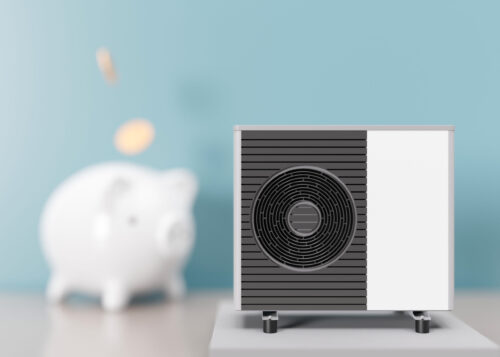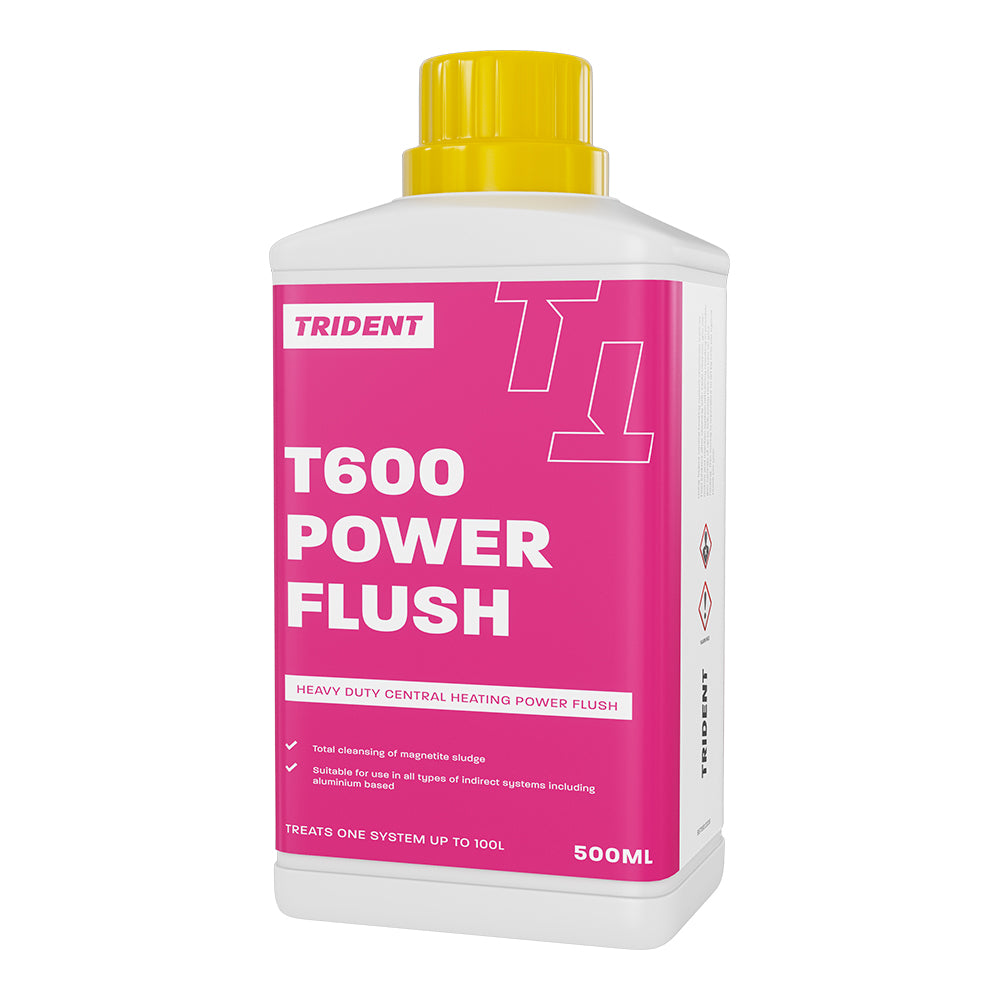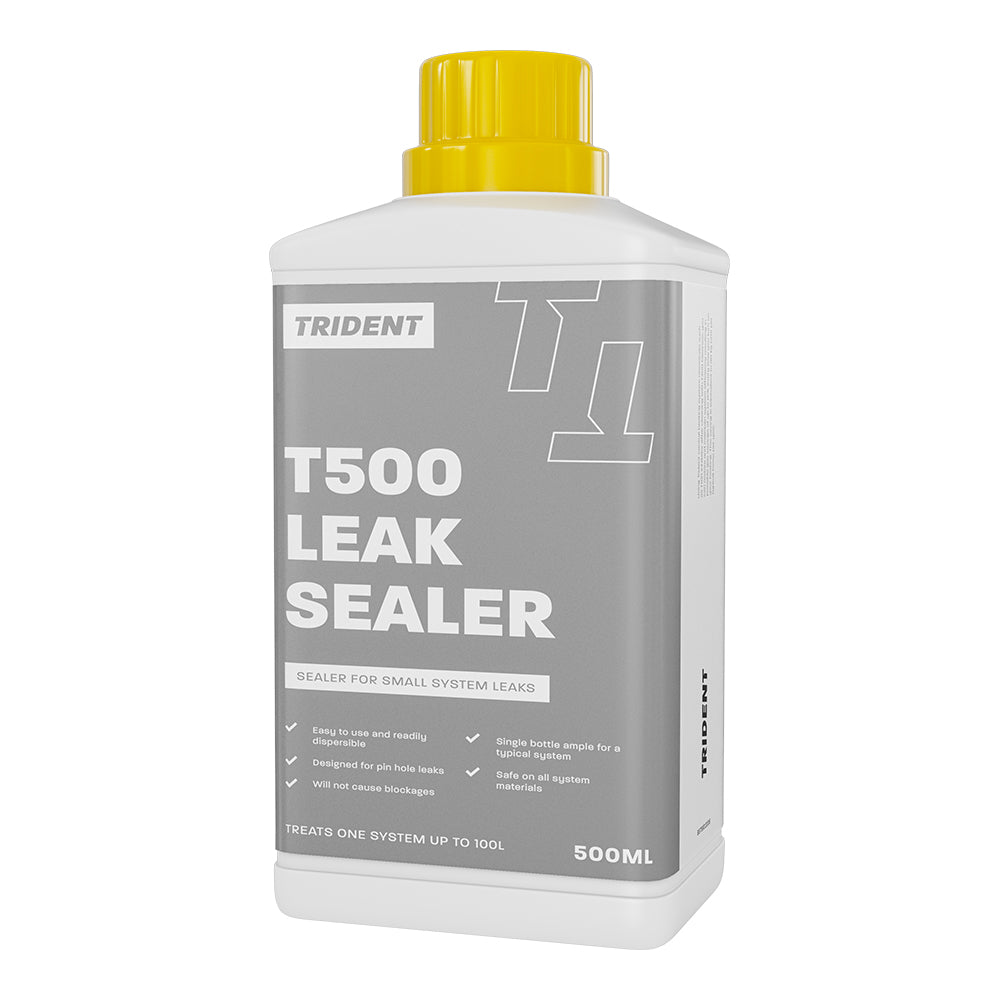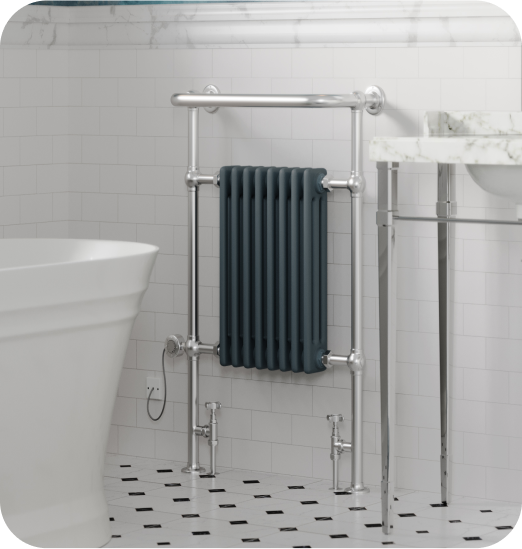
How Do Heat Pumps Work?
If you’re looking at upgrading your heating system and have a heat pump - it’s important to understand how they work. This way, you can make an informed decision on whether you want to continue using one, or if you’d rather consider an alternative.
Fortunately, at UK Radiators, we’ve created our own guide to heat pumps below. Read on to find out how they work, the different types of heat pumps, and their disadvantages…
So…how do heat pumps work?
Put simply, heat pumps work as follows: They do what your fridge/freezer does, just with a different goal.
For example, you might think of your fridge as a unit used for cooling its contents down. However, you should think of it as a unit that removes heat energy from the inside and transfers it elsewhere. That heat energy has to go somewhere, so it puts it into your room.
To understand the process better, let’s explore the steps involved in how a heat pump works below:
1. The heat is sourced
First things first, the heat the heat pump uses has to be sourced from somewhere. This could be from the outside air, water, or even from the warmth of the ground. This is then transferred to a heat exchanger containing a liquid refrigerant. If you’re not sure what a liquid refrigerant is, it’s essentially a substance that circulates through a refrigeration system.
2. The refrigerant liquid turns into gas
Once the heat has been transferred to the heat exchanger, it reacts with the liquid refrigerant. In other words, because of its warmth, the liquid refrigerant evaporates and turns into a gas. This gas then moves through a compressor (a mechanical device that increases the pressure of a gas or liquid) and is heated.
3. The heated gas is transferred to the home
The heated gas is now ready to use as a way of warming your home. To do so, it is passed through an internal heat exchange surface (a system component that allows a transfer of heat between different types of matter). Finally, the heat is either blown around the interior of a home to warm it, or transferred into the heating system, such as central heating.
4. The process repeats
Now the gas has been heated and transferred around the home to warm it, it falls in temperature. This means it returns back to its original liquid state - so the process with the heat pump can repeat again. This continues until your home reaches its desired temperature, as set on your thermostat.
What are the different types of heat pump?
In the UK, there are two different types of heat pump: Air Source heat pump/ Air-to-Water heat pump, or a Ground Source heat pump.
Air Source heat pump/Air-to-Water heat pump
An Air Source heat pump/Air-to-Water heat pump takes energy from the grid and uses it to take energy from the air outside. Because of this, efficiency is unpredictable - and the lower the temperature outside, the more energy is required from the grid to harvest.
As a result, it can be more expensive to run during the cooler months. What’s more, the higher the internal temperature in your home’s radiators, the less efficient it is and the more it costs to run - so it will also depend on the system in place currently.
Ground Source heat pump
A Ground Source heat pump works in a similar way to the above, but instead of being installed as a big box at the side of the house, you’ll need to dig up your garden as the pump takes energy from the ground, not the air.
Unlike the Air Source/ Air-to-Water heat pump, the water temperature in your radiators can have a higher internal operating temperature without becoming less energy efficient. However, a Ground-Source heat pump does cost a lot more to install. Plus, the cost of digging up your garden and putting it back together again will add to the overall expense.
What are the disadvantages of installing a heat pump?
Let’s explore the disadvantages that come with installing a heat pump.
Upfront cost
Whilst there can be long-term savings, installing a heat pump will have a high upfront cost. And, this cost can be higher depending on the size of your home and the complexity of the installation. For example, if you have an old property with ageing infrastructure.
Space requirements
Heat pumps have limitations when it comes to space requirements, too. For example, if you don’t have a reasonably-sized outdoor space, then you won’t be able to purchase a Ground Source heat pump.
Energy usage will increase
Heat pumps use electricity to work - so naturally, when you install one, you’ll see your energy usage increase. This means your energy bills will be higher, and will also have an adverse impact on the environment too.
What heat pump should I buy for my home?
What heat pump you should purchase for your home depends on the following two factors:
Keep Your Radiators Running Like New With UK Radiators
Having read the above, you’ve likely come to a decision about your home’s heat pump. If you’re looking to choose an alternative, such as electric heating - at UK Radiators, we can help find the right option for you.
It’s our mission to help you get the best from your household heating systems. If you'd like a little more guidance before making a purchase, please get in touch with our expert team here.
























